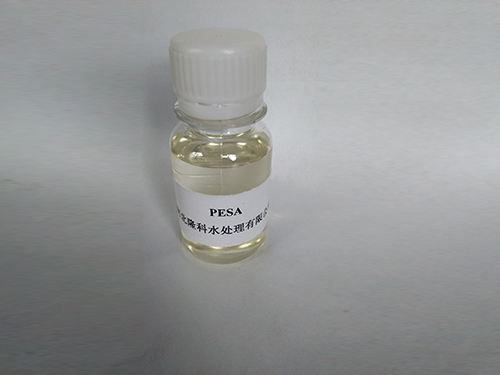Effective Approaches for Scale Inhibition in Water Treatment Systems
Scale Inhibitors Essential Agents for Industrial Applications
In various industrial processes, the formation of scale can pose significant challenges. Scale, which consists of mineral deposits that accumulate on surfaces in contact with liquids, can negatively impact operational efficiency, increase maintenance costs, and lead to equipment failures. To combat these issues, scale inhibitors have become essential agents in many sectors, including oil and gas, water treatment, power generation, and industrial cooling systems.
Scale formation is primarily caused by the precipitation of minerals such as calcium carbonate, calcium sulfate, barium sulfate, and silica, often resulting from changes in temperature, pressure, or concentration of solutes in a fluid. These deposits can create blockages in pipes, reduce heat transfer efficiency in heat exchangers, and degrade the performance of pumps and other equipment. To mitigate these effects, industries often resort to the use of scale inhibitors.
Scale inhibitors work by altering the crystallization process of minerals, preventing them from forming solid deposits. They can be broadly classified into two categories threshold inhibitors and dispersants. Threshold inhibitors are compounds that prevent scale formation by interfering with the crystal growth of certain minerals, allowing them to remain in solution even at higher concentrations. Dispersants, on the other hand, keep already-formed particles suspended in the liquid, preventing them from adhering to surfaces.
scale inhibitor

The choice of scale inhibitor depends on various factors, including the type of mineral being targeted, the chemical composition of the water or fluid, temperature, and pH levels. Commonly used scale inhibitors include phosphonates, polyacrylates, and organic phosphates. Phosphonates, for example, are particularly effective against calcium sulfate and calcium carbonate scales, making them popular in applications like oil and gas production. Polyacrylates, which are synthetic polymers, are versatile and can inhibit a wide range of scales, from carbonate to sulfate deposits.
One significant area where scale inhibitors are crucial is in the oil and gas industry. During extraction and processing, water is often injected into underground reservoirs to enhance oil recovery. However, this water can lead to the formation of scale in production equipment, potentially reducing output and increasing operational costs. By using scale inhibitors in the injection water, operators can minimize these risks, ensuring smoother operations and extending the lifespan of critical equipment.
In water treatment plants, scale inhibitors are instrumental in maintaining the efficiency of reverse osmosis systems and cooling towers. In reverse osmosis, scale formation can block membranes and reduce their effectiveness. By adding appropriate scale inhibitors, water treatment facilities can improve permeate quality and reduce the need for frequent membrane cleaning or replacement. Similarly, in cooling towers, the buildup of scale can hinder heat exchange, making it crucial to control scaling to enhance efficiency and reduce energy consumption.
In conclusion, scale inhibitors play a vital role in various industrial applications by preventing the formation of scale and enhancing operational efficiency. As industries continue to evolve and face new challenges related to scaling, the development and application of more effective scale inhibitors will be key to ensuring sustainable operations. With ongoing research into innovative formulations and mechanisms of action, the future of scale management looks promising, paving the way for more efficient processes and reduced environmental impact.
-
The Power of Isothiazolinones in Modern ApplicationsNewsMay.08,2025
-
Flocculants in Water TreatmentNewsMay.08,2025
-
Flocculants and Chemical Solutions: What You Need to KnowNewsMay.08,2025
-
Flocculants and Chemical Solutions: A Growing IndustryNewsMay.08,2025
-
Essential Chemicals: Polymaleic Anhydride and MoreNewsMay.08,2025
-
Acrylic Polymers: Essential Solutions for IndustryNewsMay.08,2025





